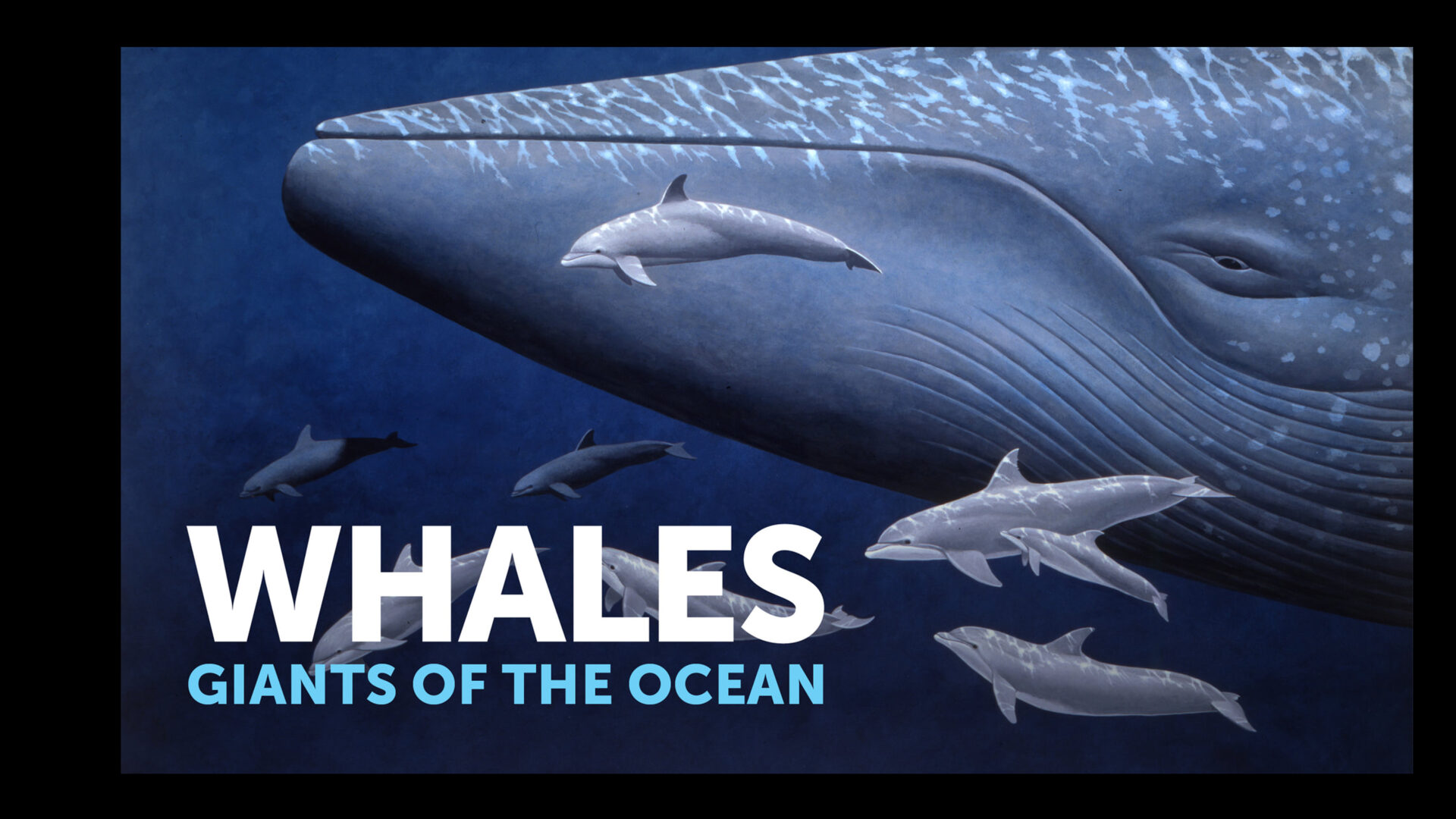Lesson 8 | Sound
Lesson 8.1 | Sound Waves
Sound is a form of energy associated with vibrations. It travels in waves and can only travel through matter - solid, liquid, or gas. Sound waves travel in a given direction until they are reflected, absorbed, or transmitted to another medium. Through several interactive activities, identify the parts of a sound wave, learn how sound is generated and how an echo works.
BY THE END OF THIS LESSON, STUDENTS WILL BE ABLE TO:
- Identify the parts of a compressional wave
- Explain how sound is generated and how an echo works
GUIDING QUESTION(S)
- How is sound created?
- What types of media can sound travel through?
- How do echoes work?
Facilitator Materials
Lesson Materials
Sound Waves Video Resources
Lesson 8.2 | Echolocation
In this lesson, students will mimic the process of how certain animals use those sound waves to "see" underwater or in the dark. This process, called echolocation, is how they find their food and navigate.
BY THE END OF THIS LESSON, STUDENTS WILL BE ABLE TO:
- Explain how sound energy can be used to sense things because of the way it is reflected and absorbed (echolocation).
- Explain how a whale has special structures adapted to sensing sound underwater.
GUIDING QUESTION(S):
- How do whales use sound to communicate, navigate, and find food?
Facilitator Materials
Lesson Materials
Wrap-up
Echolocation Video Resources
Lesson 8.3 | Whale Sounds
The ocean is a noisy place. Natural events, like lighting, and many ocean animals, like whales, make sounds. This activity will introduce students to the wide variety of sounds made by these marine mammals.
BY THE END OF THIS LESSON, STUDENTS WILL BE ABLE TO:
- Distinguish low-pitched whale sounds from high-pitched whale sounds
- Understand the terms used to label the sounds
- Understand which cetacean group creates each of the sound categories
GUIDING QUESTION(S)
- Does each species of cetacean create its own sound?
- Do the two major groups, baleen whales and toothed whales, have distinctly different sounds?


